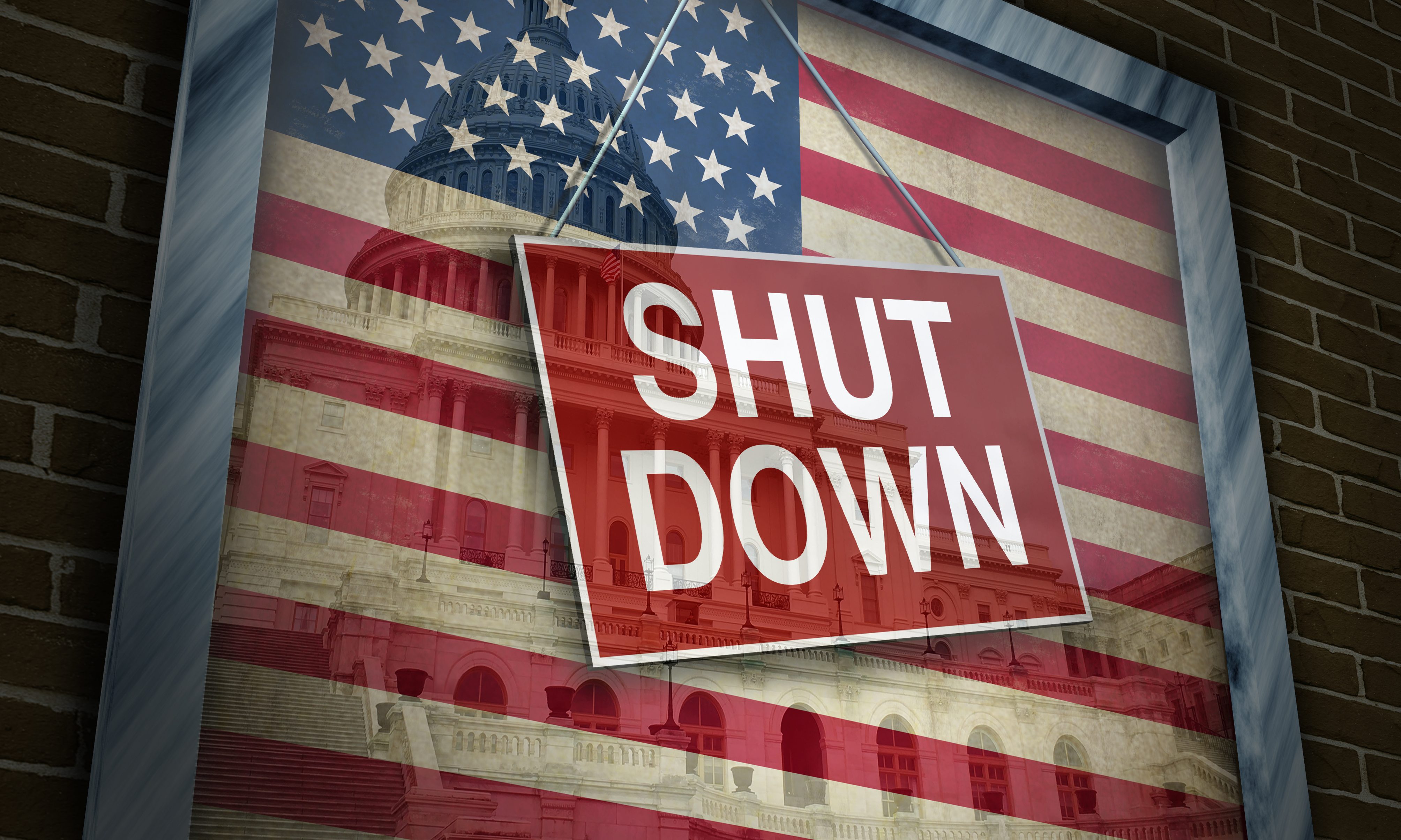The true effects of the prolonged partial government shutdown are appearing as the impasse preventing funding for about a quarter of the federal government drags on toward its third week.
The Alabama Department of Labor clarified Wednesday that furloughed federal employees meet state eligibility requirements. At least 240 federal workers have applied for unemployment compensation since the shutdown began.
The number may include some federal workers who were laid off for other reasons, but if you’re a federal employee in Alabama who has been furloughed because of the partial government shutdown, you can apply for unemployment compensation benefits.
“There are thousands of federal employees in Alabama who may be impacted by this shutdown,” said Fitzgerald Washington, secretary of the Alabama Department of Labor. “Should these workers need assistance during this time, I would encourage them to apply for unemployment compensation benefits.
On the other end of the spectrum, the U.S. Department of Agriculture, which is included in the shutdown, said Monday that funding for the Supplemental Nutrition Assistance Program, the program formerly known as food stamps, will continue through February but implied it could run out after that.
The program provides monetary assistance to low-income families to buy food.
As the government shutdown drags on into its 20th day Thursday, more than 5,000 federal employees in Alabama remain furloughed or are working without pay as negotiations in Washington ground to a halt again this week.
In total, about 53,200 workers were counted as federal employees in Alabama, according to November 2018 data, though only a portion work in the affected agencies.
At nearly three weeks, the partial shutdown will rank as the longest shutdown in 45 years by Friday, affecting about a quarter of the federal government including the Departments of the Interior, Justice, State, Homeland Security and five others.
Nationally, about 800,000 government employees are affected. About half have been sent home on unpaid leave and the other half are working without pay, according to the New York Times, including the TSA, Border Patrol and other essential jobs that are still working — but without pay.
Some effects of the shutdown — aside from unpaid workers — include the possibility that the United State’s credit rating could be downgraded, the NTSB’s inability investigating transportation incidents and the National Weather Service having to abandon its non-critical forecasting.
Though the USDA said it could stop SNAP benefits beginning in March, Georgetown University Law Professor David Super said in a legal analysis Wednesday that decision could be unlawful.
“Contrary to the implication of USDA’s release, however, SNAP benefits (although not some other SNAP functions) should continue even if the partial shutdown extends into March. This is the result of the Food and Nutrition Act’s unique funding provisions, which impose a legal obligation on USDA to continue providing SNAP benefits unless Congress enacts reductions,” Super wrote.
For those that are furloughed because of the shutdown, the Department of Labor provided some guidance on applying for unemployment benefits.
- Unemployment compensation benefits in Alabama range from a weekly minimum of $45 to a maximum of $265. They are available for up to 26 weeks.
- Employees should be prepared to provide verification of their wages, as ADOL may not be able to confirm wages with affected federal agencies. Valid documents include pay stubs or W-2’s.
- Should the affected employees receive back pay at a later date, any benefits received would need to be repaid to ADOL, as required by law. Payment plans can be arranged by contacting the agency.
More information and Frequently Asked Questions can be found here.
Employees who are not working due to the shutdown should apply online at www.labor.alabama.gov or by calling 1-866-234-5382.






















































